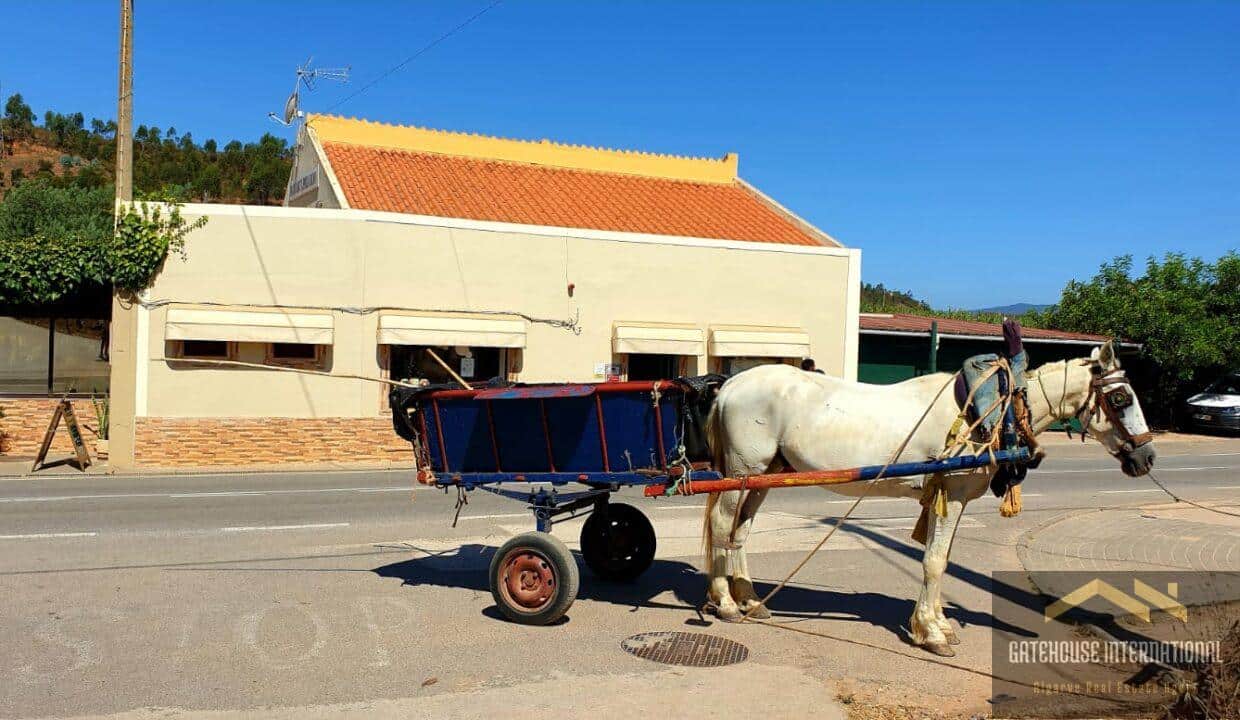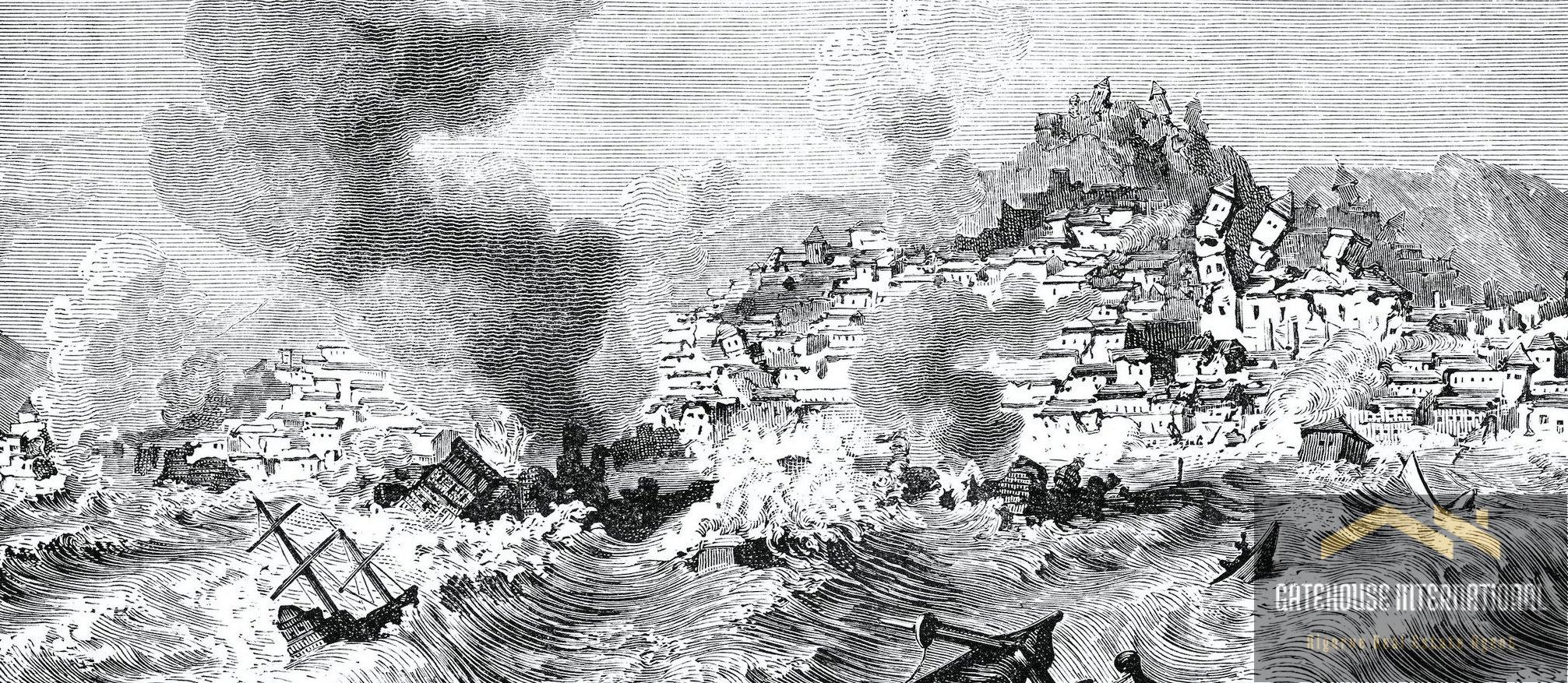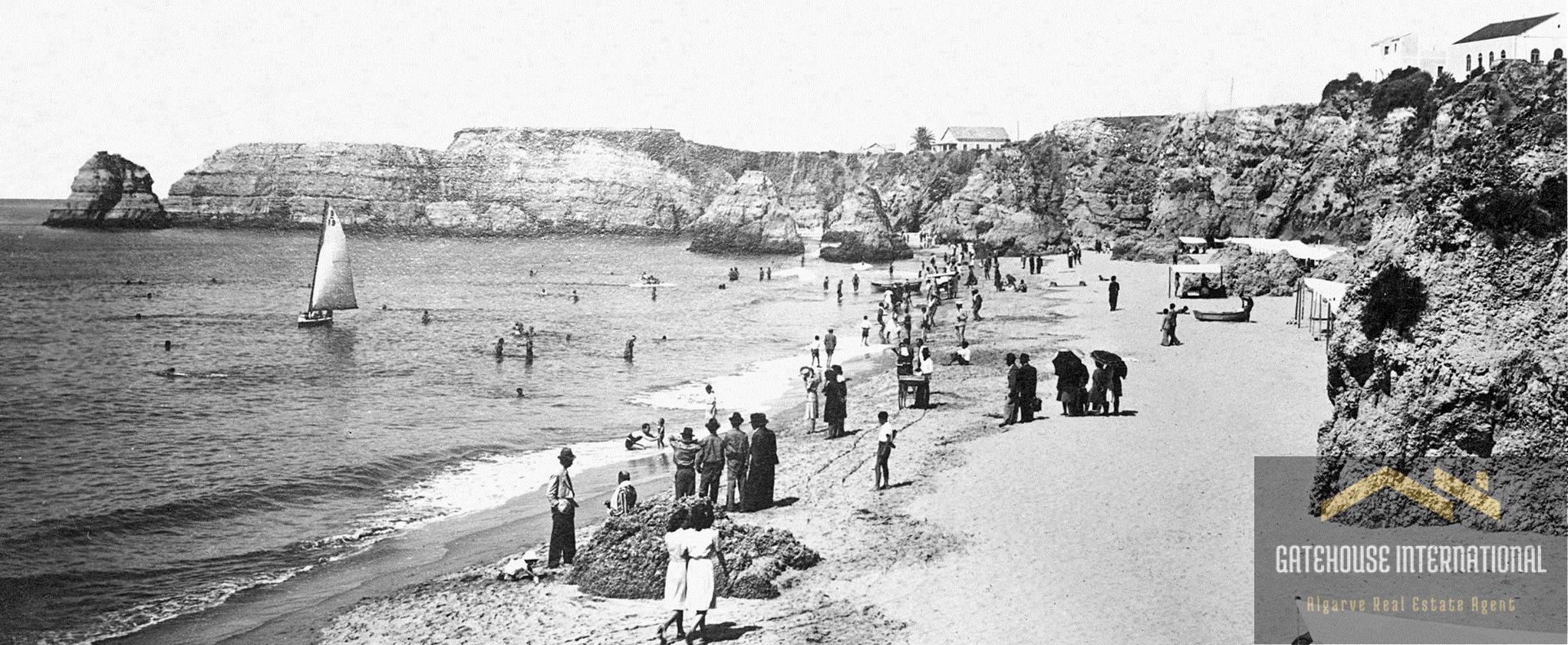
A Look Algarves History Anno Domini
Looking at the second half of the Algarve’s History in the years passing the birth of Christ up to the present day. Following on from our look at the history of the Algarve in the years preceding Anno Domini.
Up until the 5th century, the Romans still ruled the region That was until the arrival of the Visigoths from the North.
The Visigoths 5th Century AD
In the 5th century, the Visigoths, a Scandinavian tribe thought to be from the region that is now Poland came down from the north conquering the Romans and inhabiting most of Portugal including the Algarve.
The Moors 8th Century AD
That was until the beginning of the Moorish invasion in 711. The Moors were an Arabic tribe that had by this period taken over North Africa from Morocco to Eastern Iran.
Conquering Spain first and moving west along the Iberian Peninsula and into Portugal.
When the Moors conquered Lagos in 716 they named it Zawaia a loose translation is a corner or angle. They built the Castle and walls that still stand today to protect the city from attack.
Faro, which had the Christian name of Santa Maria, was then renamed Faraon, which means “The settlement of the Knights”. Again a castle and walls were built to deter invasions.
Due to the Moorish occupation of much of Iberia, the region was called “Al-Gharb” meaning “The country of the West”.
The Portuguese Return 12th Century
In the 12th century, the Moorish occupation ended when the Portuguese from the North invaded and conquered the Moors. The “Al-Gharb” has since then been known as the Algarve.
After much conflict, it was not until the 13th century that the Portuguese finally secured the region against subsequent Moorish attempts to recapture the area.
The Riches of Trade & Discovery 15th Century
The early 15th century brought the beginning of Portuguese maritime expansion as they became one of the largest sea trading countries in the world as well as one of the richest.
Thanks to discoverers such as Prince Henry the Navigator and Gil Eanes both of whom set sail to discover new worlds from Lagos and Sagres the area flourished. Lagos was then the centre of administration for the Algarve.
Algarve a Semi-Country in Itself 16th Century
The Algarve was a semi-self separated from the north of Portugal with a governor from 1595 to 1808, as well as having a separate taxation system until the end of the 18th century.
During this period and reflecting the Algarve’s unique semi-solitary status, The Portuguese monarchs were known as the “King of Portugal and the Algarve”.
The Great Earthquake of 1755
In 1755 a terrible earthquake destroyed large parts of the Algarve, as a tsunami ripped through the area causing more damage than the earthquake itself.
Leaving in ruins of many of the historic buildings. However, both Faro and Lagos suffered the least damage being protected by the sandy banks and city walls.
When rebuilding the damaged cities, the administrative centre was shifted from Lagos to Faro.
Napoleonic French Spanish Take-Over 1807
In 1807, when Junot was leading the French in the first Napoleonic invasion into the north of Portugal, the Algarve was overtaken and occupied by the French allies and Spanish troops of Manuel Godoy in the South.
Liberation of The Algarve 1808
However in 1808 Algarve became the first part of Portugal to liberate itself from Spanish occupation, in the rebellion of Olhão.
It wasn’t until 1811 before the rest of the country was free from French/Spanish rule and Portugal was liberated and ruled by the monarchy.
From Monarchy to Republic to Dictatorship To Democracy 20th Century
In 1910 on October 5th the Monarchy, (the royal family had lasted for 771 years beginning in 1139), was overthrown and Portugal became a republic. However, the country became an economic disaster.
António de Oliveira Salazar became the dictator of Portugal in 1934 after a coup overthrew the republicans.
That was until the revolution on April the 25th 1974 when the army ousted the dictator.
Portugal is now a democracy under the leadership of Prime Minister, António Acosta and also has a head of state in President Marcelo Rebelo de Sousa.
The reason so many Portuguese roads are named “Rua 25 de Abril” & “Rua 5 de Octobre” after these two historic dates.
The Current Times & Conclusion
The Algarve’s economy has always been closely linked to the sea, trading and fishing have always been important activities since ancient times.
As you can see the region is rich in history and relics of the past can be seen around every corner of the Algarve. They just need to be explored!
Only since the 1960s did the region begin to embrace tourism, which has now become its most important economic activity.
Over the past 30 years, it has become a favourite for foreigners to choose as their home. If you are looking to move to this historical place and are looking for property for sale in the Algarve why not contact us here at Gatehouse International Algarve?
I have lived in the Algarve for over 20 years and love the experience. Now writing about and photographing the Algarve experience to share with others.
Contributor to all that is Algarve on Wikipedia – https://en.wikipedia.org/wiki/User:MarkMcLoughlinAlgarve
Books – https://amazon.com/author/markmcloughlin
YouTube Channel Algarve Elevated: Stunning Aerial Views- https://youtube.com/@MarkMcLoughlinAlgarve
Level 10 Google Local Guide for the Algarve – https://maps.app.goo.gl/QRC1qeLiWUc9wmQj6



